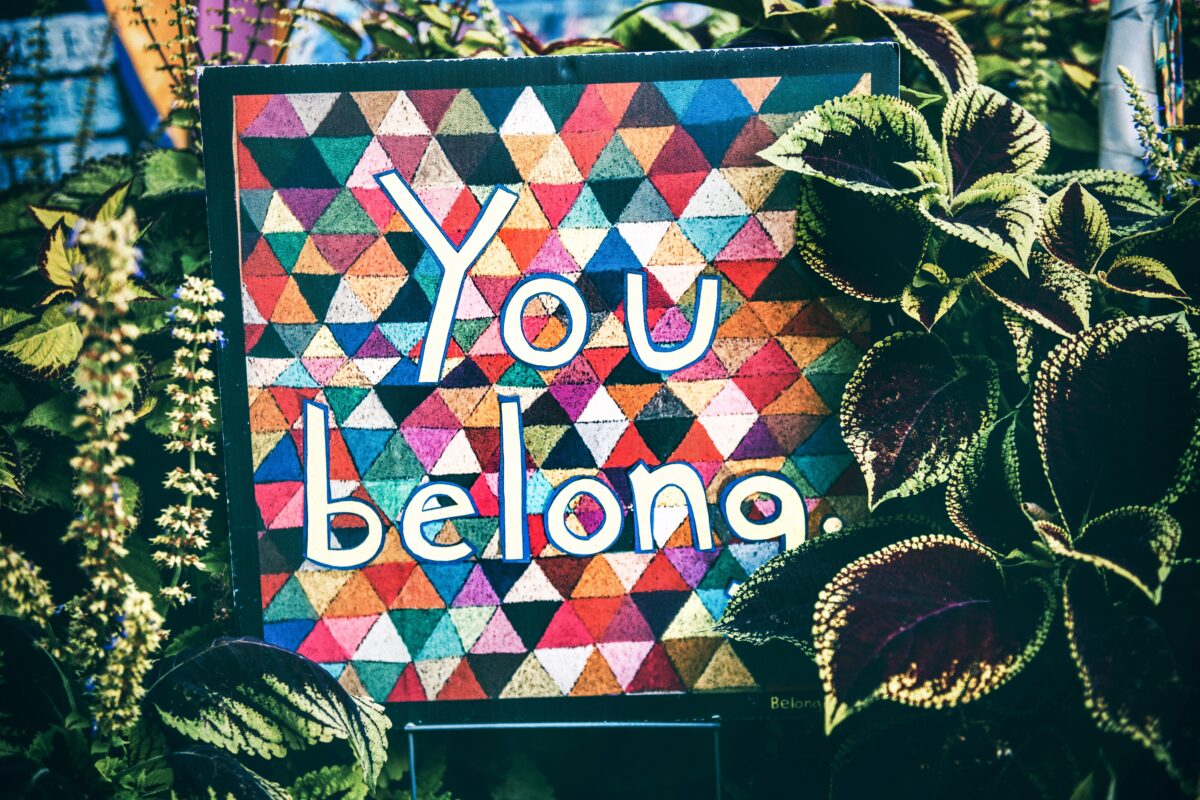Banning the Boycott, or Not

Skift Take
The numbers are staggering. This year, state legislatures have 735 anti-LGBTQ bills in the works, according to the Movement Advancement Project (MAP), an independent, nonprofit think tank.
Also, for the first time in history, the Human Rights Campaign officially declared a state of emergency for LGBTQ+ Americans. This is due to this contentious legislation. While boycotting seems morally logical, there are alternatives. Many are part of a new comprehensive guide, Banning the Boycott: How to do Business in Times of Discrimination.
"It's crucial for all stakeholders to come together. A unique opportunity exists. Turning what seems a hurdle or setback to doing good for society as a whole," says Péter Kakucska, president of the Global Diversity Alliance (GDA), a new organization that brings together diverse voices related to diversity, equity, and inclusion (DEI) globally.
In response, GDA created this 40-page report based on research by Kakucska, GDA's president, and Kris Tower, GDA's council youth ambassador. Based in Berlin, Kakucska has over 20 years of event management experience at the United Nations.
Dave Jefferys, GDA's executive director, is no stranger to spearheading change. In 2016, he founded the LGBT Meeting Professionals Association. This community needed a global voice, he says, Hence, GDA was born.
Force of Good
"Meetings can be a force of good building understanding, making us less prejudiced and more empathetic. All things we desperately need more of in the world right now," says Jefferys.
Research is vital when considering destinations with contradictory legislation. The intention of a boycott may be positive. Unfortunately, it often impacts the wrong people.
There are ways to offset gatherings held in destinations that have controversial laws in place. SocialOffset is another organization that can help.
"We realize that what we need in the meetings industry is a toolset with talking points on ways to have the gathering thoughtfully and safely," says Jefferys.
Practical Advice Regarding Boycotts
Some of the tips in "Banning the Boycott" include:
- Identify local LGBTQ+ organization partners that can help with information gathering.
- Can the city ensure that LGBTQ+ people are protected and cared for in their daily lives?
- If the meeting is a go, be sure your RFP includes DEI criteria and benchmarks.
In addition, expand your contract language. A force majeure/excuse of performance clause is important, allowing a planner to back out of a contract without liability or damage if anti-LGBTQ+ legislation is enacted.
“The security of attendees must be guaranteed. Plus, if the local LGBTQ+ community believes that your meeting will bring a positive impact, and your RFP includes DEI criteria and benchmarks, then you should not boycott the destination. Work together,” says Kakucska. "Convene with intent.”





